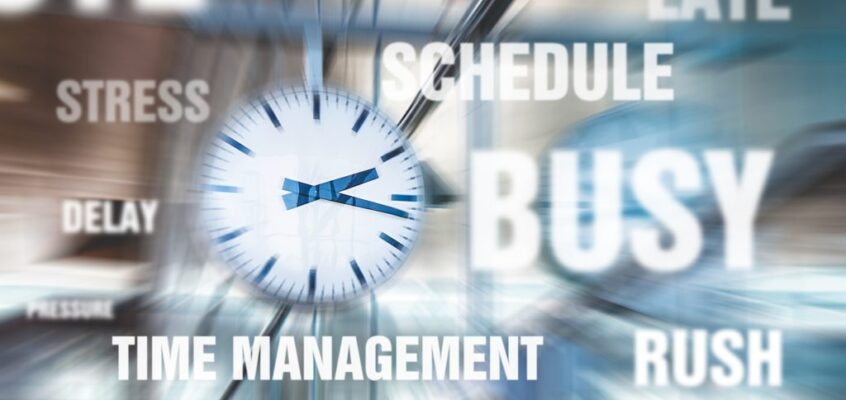Becoming a Better Listener When You Have ADHD
For adults with ADHD, listening can be a challenge. Inattention and being easily distracted are two of the symptoms of ADHD that make focusing on a conversation or a lecture doubly difficult. Simple strategies, combined with practice and greater awareness, can help you improve your listening skills.












